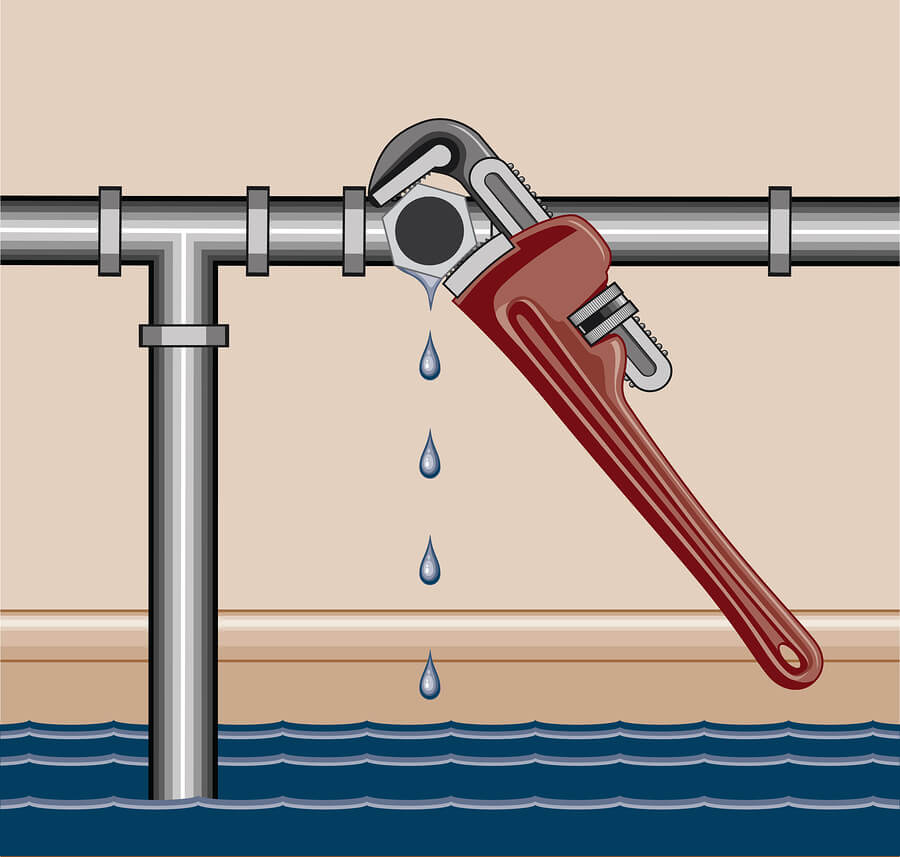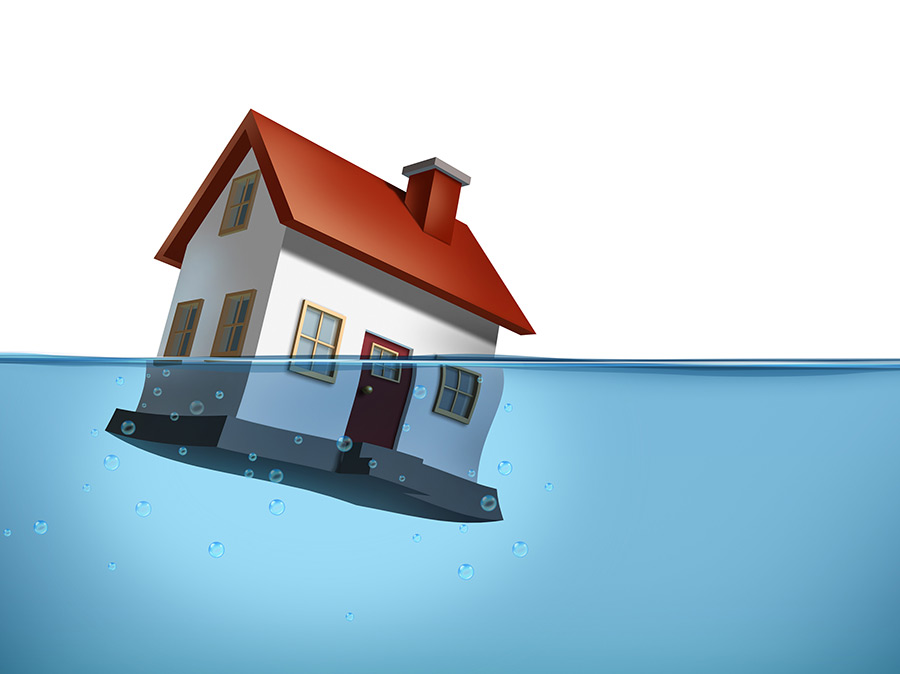Find Out Common Factors Contributing To Water Leakage in Your Residence
Find Out Common Factors Contributing To Water Leakage in Your Residence
Blog Article
How do you feel when it comes to How to detect water leaks in your home?

Leakages not only cause waste of water yet can additionally trigger unnecessary damages to your residence as well as promote undesirable natural growth. By looking and understanding for daily situations that create leakages, you can safeguard your residence from future leakages as well as unneeded damage.
Elbowing in origins
Most water leaks begin outside the house instead than inside it. You might observe wet spots or sinkholes in your yard, as well as that could imply that tree roots are attacking water lines causing water to permeate out.
Corroded water systems
As time goes by, your plumbing system ages as well as deterioration such as rust might begin eating away the pipelines. This might be the root cause of staining or warping on your water pipes. This asks for an evaluation with your plumber immediately. If our plumbing system is old, think about changing the pipelines because they are at a greater threat of corrosion than the newer designs.
Faulty Pipeline Joints
The point at which your pipelines attach is regularly the weakest link in the waterline. Pipe joints can weaken gradually, leading to water leakages. However, most of pipeline joints are not easily visible. If you have noisy pipes that make ticking or banging noises, particularly when the hot water is turned on, your pipe joints are probably under a lot of pressure. It is recommended to have your plumber inspect your system once a year.
Immediate temperature changes.
Extreme temperature changes in our pipes can trigger them to broaden as well as acquire suddenly. This expansion and contraction might create fractures in the pipes, especially if the temperature are below freezing. If you kept an eye on exactly how your plumbing works, it would be best. The visibility of the formerly mentioned situations frequently indicates a high threat.
Poor Water Connectors
At times, a leak can be triggered by loose pipes and also pipelines that supply your devices. Usually, shifting is what creates the loose water Links. You may discover in the case of a cleaning device, a hose might spring a leakage due to trembling throughout the spin cycle. In case of a water links leakage, you might observe water running straight from the supply line or puddles around your home appliances.
Clogged Drains
Blocked drains may be frustrating and inconveniencing, however they can sometimes wind up causing an overflow causing burst pipes. Keep removing any type of products that might go down your drains pipes that could block them to stay clear of such aggravations.
All the above are causes of leakages but not all water leakages arise from plumbing leaks; some leakages could come from roof leaks. All leaks must be fixed promptly to avoid water damages.
Leakages not just cause waste of water yet can likewise trigger unneeded damages to your residence and also advertise undesirable organic development. By comprehending and also looking for day-to-day scenarios that create leakages, you can protect your residence from future leaks as well as unneeded damages. Today, we will certainly look at 6 leakage triggers that might be creating your pipes to drip.
At times, a leak can be caused by loosened hoses as well as pipelines that provide your devices. In situation of a water connections leak, you may notice water running directly from the supply line or pools around your devices.
How To Check For Water Leak In Your Home
How To Check for Leaks
The average household's leaks can account for nearly 10,000 gallons of water wasted every year and ten percent of homes have leaks that waste 90 gallons or more per day. Common types of leaks found in the home are worn toilet flappers, dripping faucets, and other leaking valves. These types of leaks are often easy to fix, requiring only a few tools and hardware that can pay for themselves in water savings. Fixing easily corrected household water leaks can save homeowners about 10 percent on their water bills.
To check for leaks in your home, you first need to determine whether you're wasting water and then identify the source of the leak. Here are some tips for finding leaks:
Take a look at your water usage during a colder month, such as January or February. If a family of four exceeds 12,000 gallons per month, there are serious leaks.
Check your water meter before and after a two-hour period when no water is being used. If the meter changes at all, you probably have a leak.
Identify toilet leaks by placing a drop of food coloring in the toilet tank. If any color shows up in the bowl after 10 minutes, you have a leak. (Be sure to flush immediately after the experiment to avoid staining the tank.)
Examine faucet gaskets and pipe fittings for any water on the outside of the pipe to check for surface leaks.
Undetected water leaks can happen without the home or business owner even realizing. If you suspect a water leak, but not able to find the source. It is time to contact a professional water leak detection service, The Leak Doctor.
How To Find a Water Leak In Your Home
https://www.leakdoctor.com/blog/How-To-Check-For-Water-Leak-In-Your-Home_AE197.html

Do you appreciate reading up on Top Causes of Home Water Leaks? Post a comment further down. We'd be interested to listen to your thoughts about this blog entry. We hope that you come back again in the future. I beg you set aside a second to promote this entry if you appreciated it. Thanks for going through it.
Ready to help! Report this page